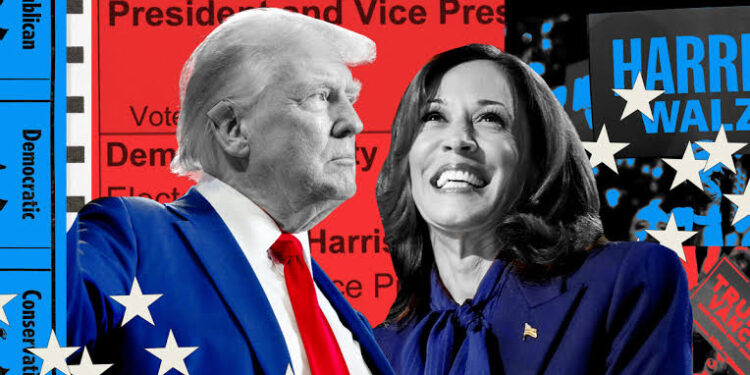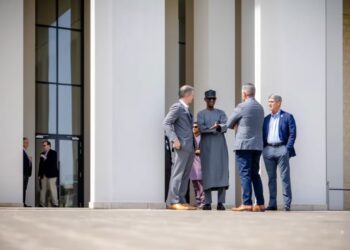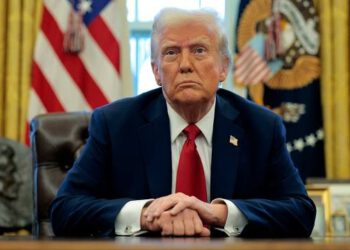In Tuesday’s U.S. presidential election, Republican Donald Trump secured victories in eight states, while Democrat Kamala Harris won three states and Washington, D.C., according to projections by Edison Research. However, the final outcome remains uncertain, with key battleground states likely taking hours or even days to report decisive results.
The initial tallies aligned with expectations, as both candidates focus on seven critical swing states: Georgia, North Carolina, Pennsylvania, Arizona, Michigan, Nevada, and Wisconsin. Polls indicated a tight race in each of these states leading up to Election Day.
By 8 p.m. ET, polls had closed in 25 states. Trump had amassed 90 electoral votes from wins in Kentucky, Indiana, West Virginia, Alabama, Florida, Oklahoma, Missouri, and Tennessee, while Harris held 27 electoral votes from Vermont, Maryland, Massachusetts, and Washington, D.C. A candidate needs 270 electoral votes to claim the presidency.
National exit polls by Edison showed nearly three-quarters of voters felt that American democracy was under threat, reflecting deep divisions and concerns after a contentious campaign. Voters prioritized democracy and the economy, each cited by about a third of respondents, followed by abortion and immigration.
Trump and Harris have both highlighted the stakes of this election: Trump raised concerns about potential electoral fraud, particularly in major cities like Philadelphia and Detroit, while Harris warned that a second Trump term would endanger democratic foundations. Trump, who voted in Florida, suggested he might declare victory on election night, regardless of incomplete tallies.
As millions of Americans turned out to vote, polling locations reported only minor disruptions, including a few non-credible bomb threats.
Trump watched results at Mar-a-Lago, with Tesla CEO Elon Musk reportedly joining him, while Harris encouraged voters on radio and addressed students at her alma mater, Howard University.
This historic election remains too close to call, and both candidates could make history if they win: Harris would become the first female president and the first Black and South Asian American to hold the office, while Trump could become the first president in more than a century to serve non-consecutive terms. Control of Congress also hangs in the balance, with Republicans flipping one Senate seat in West Virginia while the House races remain close.
At polling sites nationwide, voters shared their hopes and concerns. In Michigan, Nakita Hogue and her daughter Niemah backed Harris, citing concerns over reproductive rights, while in Arizona, Felicia Navajo and her husband, Jesse Miranda, supported Trump, hoping he could address inflation and immigration issues.





















